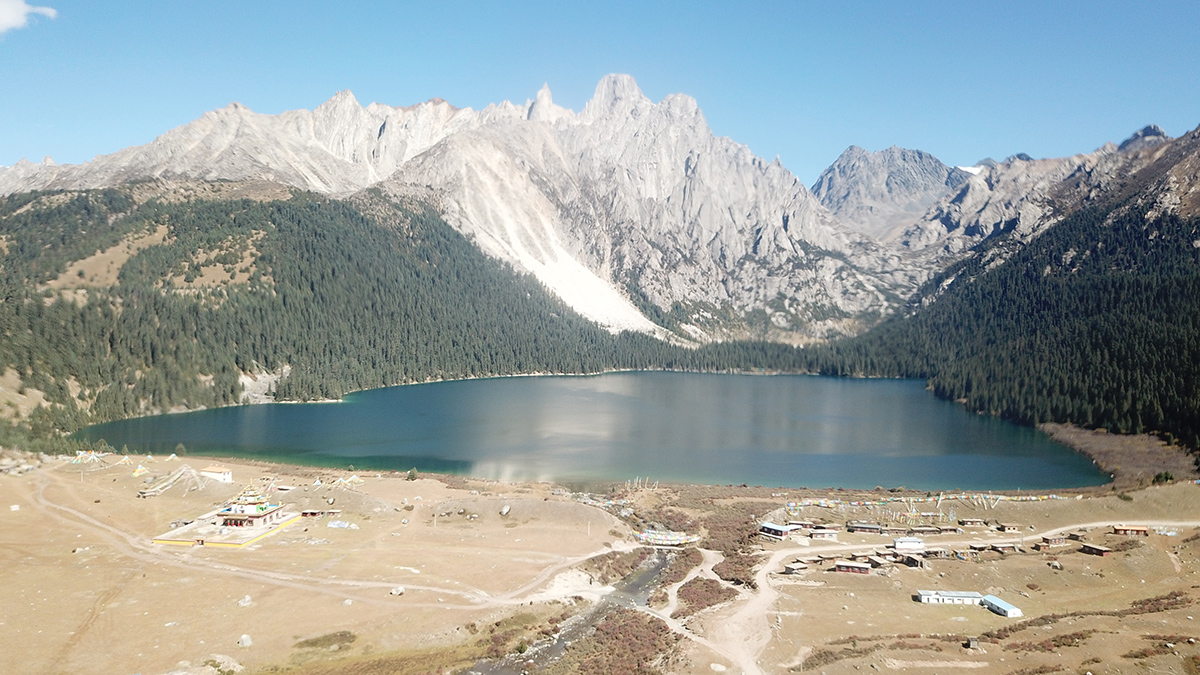
AGU's Eos
@AGU_Eos
Eos is a leading source for trustworthy news and perspectives about the Earth and space sciences and their impact. Published by @theAGU.
Studying glacial isostatic adjustment is vital for projecting future sea levels, but getting into this field poses challenges to early-career scientists, write researchers from @byrdpolar, @osuearthscience, Lantmäteriet, & @LamontEarth. eos.org/features/getti…

Eos depends on readers like you to sustain high-quality journalism and support for Earth and space scientists. Please consider making a tax-deductible donation. bit.ly/SupportEos

As the world warms, planting zones are changing, and gardeners must adapt. Read more at Eos.org: lite.spr.ly/6009JqYR
A newly identified fossil-forming pathway could mean that paleontologists have been overlooking whole categories of rocks that could contain soft-tissue fossils. eos.org/articles/a-300… Read more in our July issue: bit.ly/Eos-Jul2025

Eos depends on readers like you to sustain high-quality journalism and support for Earth and space scientists. Please consider making a recurring tax-deductible donation. bit.ly/SupportEos
With the launch of a new article type, AGU's JGR: Space Physics now welcomes new and original developments in instrumentation including novel experimental methodologies that are relevant to space physics.🛰️ 🔗 Learn more in @AGU_Eos: lite.spr.ly/6003JqDb #AGUPubs…
46% of trees in Mesoamerica are at risk of extinction. Researchers hope a new regional study will inform targeted conservation strategies. eos.org/articles/first…

What happens to a lake’s microbial communities after an earthquake? New @jgrbiogeo research investigates. eos.org/research-spotl…

A comprehensive assessment of the world’s glaciers shows the ice lost each year amounts to the water intake of the entire global population in 30 years. eos.org/articles/first… Read more in our July issue: bit.ly/Eos-Jul2025

Help support high-quality science journalism. Please consider a one-time gift or AGU membership to help Eos continue to provide ethical, accurate science reporting. bit.ly/SupportEos
The International Court of Justice, the highest court of the United Nations, has unanimously ruled that all humans have “the right to a clean, healthy and sustainable environment.” eos.org/research-and-d…

The more the climate warms, the more common abrupt shifts will become in climate subsystems, suggests new research. eos.org/research-spotl…

The turbulent waters of the Mozambique Channel move marine life and nutrients, which has major implications for the fishing industry of Mozambique. New research takes a closer look at local currents. eos.org/research-spotl… Read more in our July issue: bit.ly/Eos-Jul2025

149 NSF employees have signed a statement expressing concern over “a series of politically motivated and legally questionable actions by the Administration that threaten the integrity of the NSF." eos.org/research-and-d…

In an open letter, current and former NASA employees spoke out against proposed budget and staff cuts. eos.org/research-and-d…

An abrupt shift might be sudden ice melt in Antarctica or a change in precipitation rates in a monsoon system. New research in @AguAdvances by @SwindaFalkena & colleagues examines how common such shifts may be in the future. eos.org/research-spotl…

Scientific research and the platforms to share it are facing mounting financial challenges. Your support is more important than ever. Please make your recurring, tax-deductible donation to sustain ethical and accurate science journalism at Eos. bit.ly/SupportEos

A new 3D map shows that Uganda’s tropical glaciers are shrinking rapidly. eos.org/articles/a-new… Read more in our July issue: bit.ly/Eos-Jul2025
